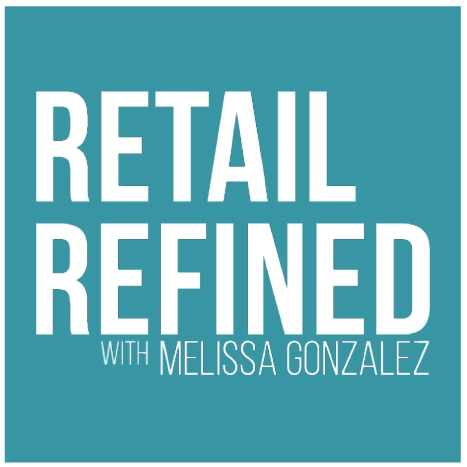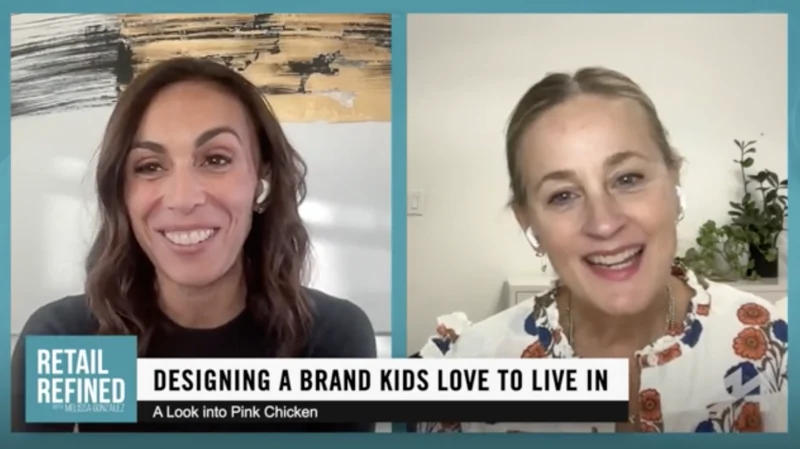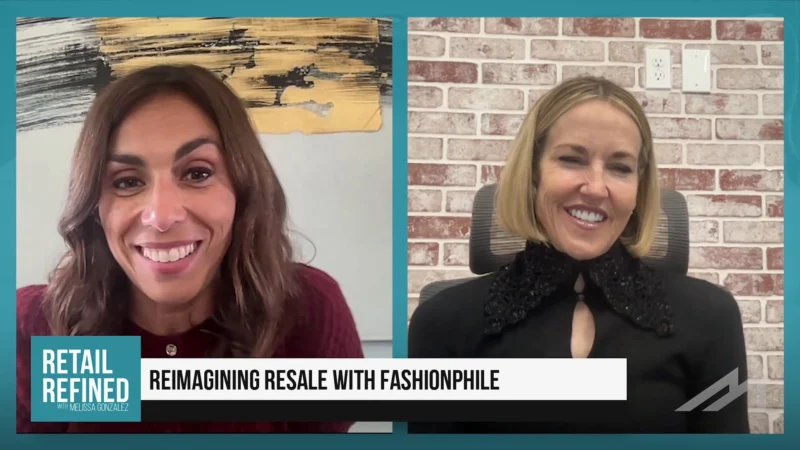How American Eagle Outfitters Went by Acquisitions to Fill Logistics Gaps
At a time when the supply and demand chain is experiencing growth in the retail sector, companies are focusing now more than ever on their efforts to keep up with the increasing pressures. Retail Refined host Melissa Gonzalez sat down to talk about the matter, and with her, Shekar Natarajan, Chief Global Supply Chain Officer of American Eagle Outfitters (AEO), who also recently became the CEO of AirTerra and Quiet Logistics.
“Retail has evolved into a full-service economy, where commerce is coming to home, and it’s coming to points of convenience that consumers determine, which brings complexity and flexibility into logistics, and the survival of many businesses are contingent upon the supply chain,” Natarajan said.
To gain a handle on the industry pressures for supply chain, American Eagle Outfitters acquired Quiet Logistics and AirTerra, sharing networks that limit the logistics and order fulfillment times for parcels and packages.
“A pair of jeans was sold, and the inventory was available 14 days later but now we are able to do it within two days,” Natarajan said. “And the flexibility of inventory combined with the proximity together gave us some significant benefits whereas a retailer we can say we reduced the delivery expenses as a percent of digital growth year-over-year, spending less in 2021 than 2020 with better inventory.”
This method allows their network to expand into other retail brands including small and midsize businesses. Even for contractors and couriers Natarajan said, “we’re creating more opportunities for entrepreneurship,” and making simple AI onboarding processes.
Every brand is also able to benefit from AEO’s shared network in three ways. Faster transits, better on carbon and the environment and an improved cost which Natarajan said, “will be lesser than what they pay today.”
Overall AEO’s goal is to reduce the carbon in the parcels that travel and bring more efficiencies to the consumer where, “one package could be at a doorstep compared to the numerous amounts from the different brands looking to sell their products,” Natarajan said. “Because it’s a better method that is good for the climate.”




